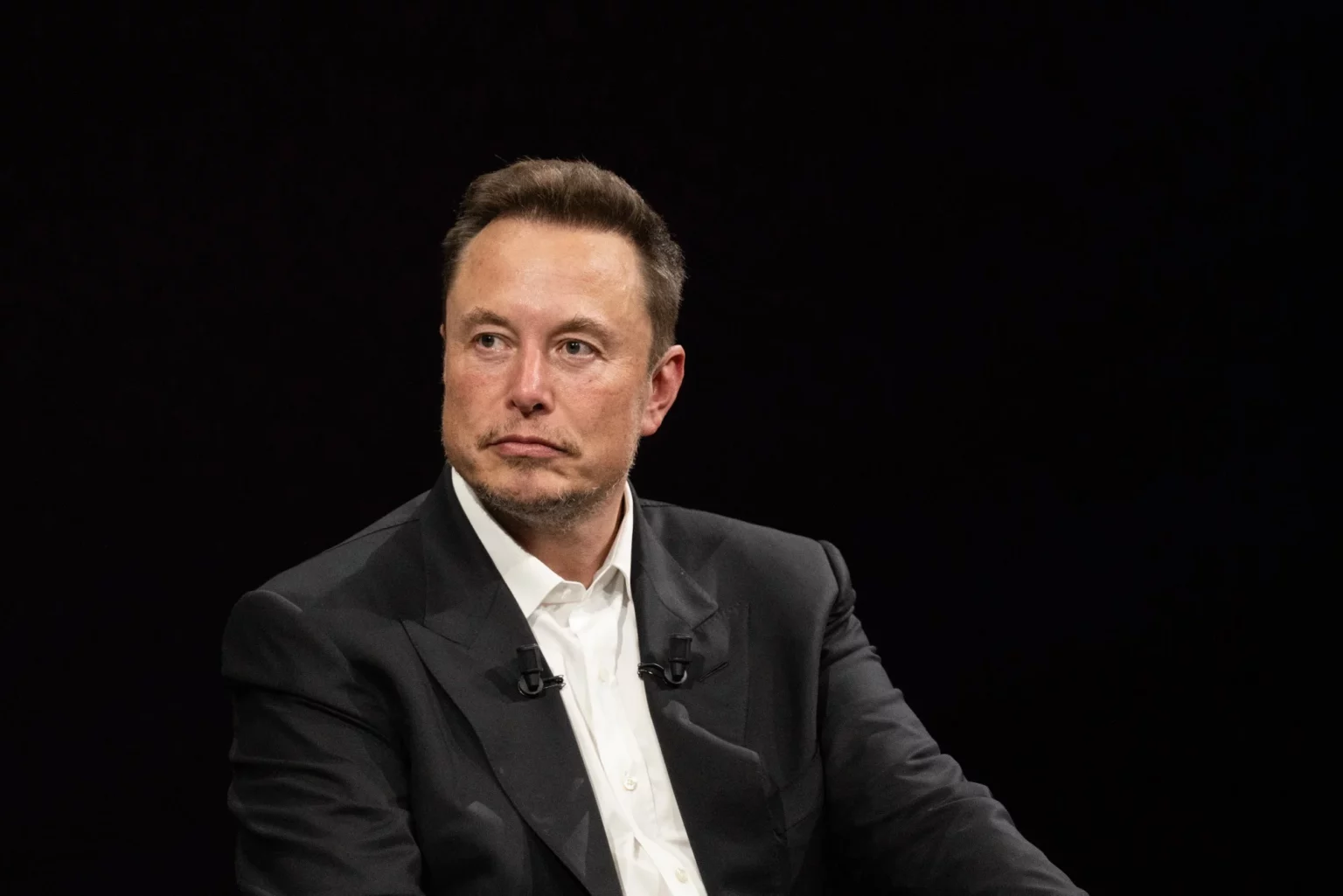The US Justice Department has taken legal action against SpaceX, led by entrepreneur Elon Musk, alleging instances of hiring discrimination against asylum seekers and refugees. This development has ignited discussions about ethical employment practices and adherence to legal standards, as reported by Reuters.
The lawsuit asserts that SpaceX maintained a consistent practice of discouraging asylum seekers and refugees from applying for job positions during the period from September 2018 to May 2022. Moreover, the company is accused of going beyond mere discouragement, allegedly refusing to hire or even consider these individuals based on their citizenship status. These actions, if proven true, would be in violation of the Immigration and Nationality Act.
The lawsuit further alleges that SpaceX propagated misleading information about its hiring policies. The company purportedly conveyed in both job listings and public statements that federal export control laws limited it to employing only US citizens and lawful permanent residents. However, the Justice Department argues that these assertions were inaccurate and discriminatory.
Elon Musk’s public statements are also spotlighted in the lawsuit as potentially indicative of discriminatory intent. A tweet from June 2020, in which Musk stated that “US law requires at least a green card to be hired at SpaceX, as rockets are advanced weapons technology,” is cited as an example of statements that might have contributed to the alleged bias.
As of now, SpaceX has not issued an immediate response to the lawsuit.
Kristen Clarke, US Assistant Attorney General of the Justice Department’s civil rights division, emphasized that their investigation revealed SpaceX’s alleged failure to equitably consider or hire asylum seekers and refugees due to their citizenship status. According to Clarke, this resulted in a de facto prohibition on their employment, irrespective of qualifications.
The lawsuit seeks to hold SpaceX accountable by pursuing equitable consideration and retroactive compensation for asylum seekers and refugees who were reportedly dissuaded or denied employment due to the alleged discrimination. Additionally, the Justice Department aims to impose civil penalties and advocate for policy changes that ensure compliance with federal regulations prohibiting discrimination in the future.
This legal action against SpaceX casts a spotlight on the broader issue of fair employment practices and the treatment of vulnerable demographics in the job market. The lawsuit’s outcome could potentially have far-reaching implications for SpaceX’s reputation and practices, and it could serve as a precedent for addressing allegations of discriminatory hiring practices within the technology industry.




